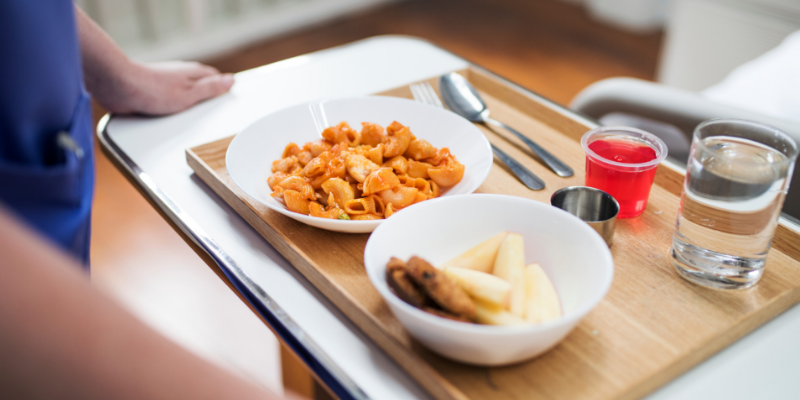Food Poisoning - Take it Seriously!

November 10 – 17 is Australian Food Safety Week so it is timely to remind chefs and restaurant/kitchen managers about the importance of keeping their patrons protected from food borne illnesses. A common cause of food poisoning outbreaks is cross-contamination from high-risk foods to low-risk foods. Safe food handling procedures in the kitchen will help to combat this.
In particular, the organisers of Food Safety Week want to highlight the higher levels of risk of three groups:
- Pregnant
Women
- The
Elderly (over 65)
- People
with Poor Immune Systems. This may be caused by:
- Diabetes
- Leukaemia
- AIDS
- Liver and Kidney Disease
- Ulcerative Colitis
- Cirrhosis
- Cancer
Additionally, transplant patients and people taking immune suppressing medicines are also at increased risk. If you are in one of these higher risk groups, ensure you take extra care and avoid products like sliced delicatessen meats, soft cheeses, raw seafood, pre-cut fruit, ready-to-eat prawns and smoked seafood. These foods will elevate your risk of acquiring a bout of food poisoning and the potential outcomes range from a queasy stomach and nausea right through to vomiting, diarrhoea and death.
The bacteria and viruses responsible for many food poisoning outbreaks include:
- Salmonella. More common in the warmer months, these bacteria take between 8 and 72 hours for symptoms to occur. It is often linked to consuming inadequately cooked meats and poultry or foods that have been contaminated by these.
- Listeria Monocytogenes. This is of particular concern to
pregnant women as it can cause premature births, still births and miscarriage.
The flu-like symptoms are prevalent anywhere between 8 and 90 days.
- Campylobacter. This causes gastroenteritis with
symptoms including diarrhoea, nausea and severe abdominal pain normally lasting
from 2 to 10 days. In kitchens, cross-contamination of foods is one of the most
common causes.
- Escherichia Coli (E.coli). Mostly, this naturally occurring
bacteria lives harmlessly in human and animal guts however some strains may
cause vomiting and diarrhoea. Cooking food thoroughly and avoiding
unpasteurised apple and orange juice, raw milk and raw milk cheeses will help.
- Staphylococcus Aureus. Cooking and pasteurisation kill this
bacteria that lives harmlessly on the skin of most animals. Careful food
preparation techniques can help avoid the symptoms that only take between 1 and
6 hours to occur.
- Bacillus. Vomiting and/or diarrhoea usually occur
within 8 to 16 hours of consuming food contaminated with Bacillus and last for
around 24 hours. Rice, starchy vegetables, meat products, cereals, sauces,
puddings and spices are the main carriers of this harmful bacteria.
As described, cross-contamination is often the cause of food poisoning outbreaks. Simple food handling techniques such as colour-coding knives and chopping boards so they are only used for similar foods is an effective method of reducing the risks to patrons. Additionally, ensuring foods are outside the temperature danger zone (between 50C and 600C) will also help to reduce the spread of bacteria and the very uncomfortable symptoms they cause.
For more information, click on the link below to learn additional precautions that will ensure your kitchen produces quality food in a Food Safety environment.




















































































